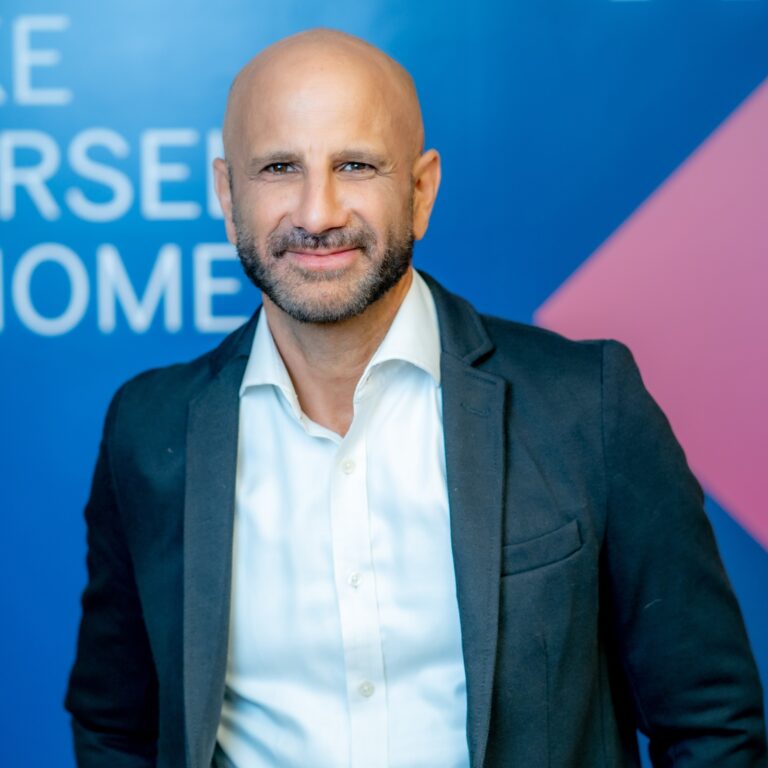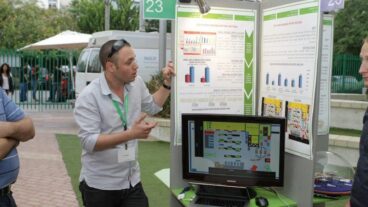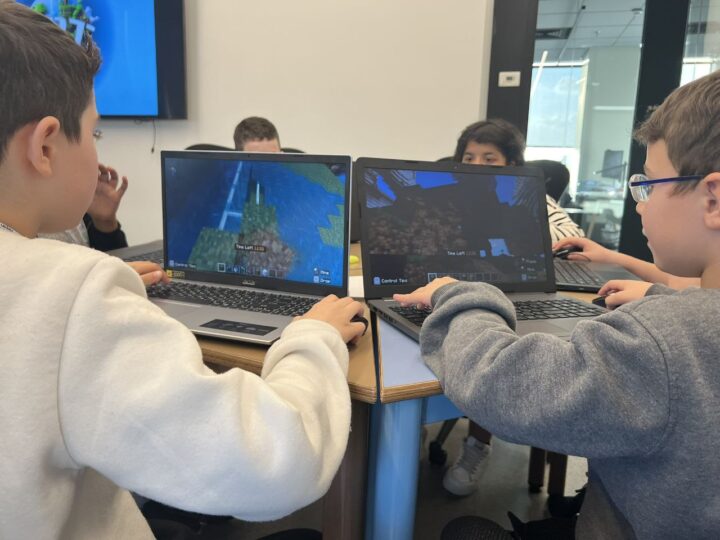Ahead of the new year, the Israel Innovation Authority announced that it will launch three innovation consortiums, focusing on integrated photonics, metamaterials and metasurfaces, and black soldier fly farming.

Aviv Zeevi, VP Technological Infrastructure at the IIA, explained that the funding provided for these new consortiums “forms part of the authority’s strategy to encourage high-risk endeavors within Israeli tech industry, while developing new core capabilities that will enable penetration into groundbreaking new markets with disruptive technologies, both for startup companies as well as large corporations.”
Integrated photonics
The integrated photonics consortium will investigate light as a tool for data processing, chips and communications and interception systems.
In 2021, the silicon photonics market was estimated to be worth $1.1 billion by MarketAndMarket, and is projected to increase to $4.6 billion by 2027.
Integrated photonic light is a steppingstone to the development of a quantum computer, Zeevi explained. This consortium will also seek to advance a small-volume, lightweight gyro with mid-range accuracy for short navigation; comb-laser for multi-channel optical communications; and a platform to substantially reduce volume for high-powered airborne laser systems.
Israeli companies are participating in this consortium are Elop, Cielo, Quantum Source and New Photonics, along with researchers Ilya Goykhman from the Technion, Avi Zadok and Boris Desiatov from Bar-Ilan University, and Uriel Levy, Dan Marom and Liron Stern from Hebrew University. Work to manufacture SiN4 components will be subcontracted and carried out by Tower Semiconductors.
Metamaterials
The metamaterials and metasurfaces consortium will focus on intelligent combinations of nano- or micro-structures to create artificial electromagnetic materials that allow for manipulation of the electromagnetic wave that passes through the material.
This is meant to enable highly efficient redesign of the fields and flow of energy, to fabricate unconventional mirrors, thin lenses, adjustable antennas, wide-angle absorbers and more. The applications would include communications and optics.
Members of the consortium include Elbit Systems, Ceragon, SatixFy Communications, Galel, Spectralics, SDC, PCB, OPSYS, FVMAT and IKOM, and research groups from the Technion, Hebrew University, Weizmann Institute, Tel Aviv University, Ariel University, Bar-Ilan University and Ben-Gurion University.
Black soldier flies
The black soldier fly consortium will seek to promote alternative proteins, artificial intelligence and the circular economy in one research project.
The black soldier fly (BSF) feeds off organic waste and can convert it into quality products such as protein and oils. Today, BSF products have been approved only for feeding livestock, but could be used one day as a basis for human food, cosmetics and medicines.
The eight Israeli companies participating in the consortium are: FreezeM, Ambar, Shachar Group, NRGene, Neomena, Entoprotech, Bagira and Rafael Feed Mills together with research groups from the Volcani Center, MIGAL, Haifa University, Tel Aviv University and Hebrew University. They will collaborate on aspects such as breeding, health, nutrition and scalability of BSF.

















